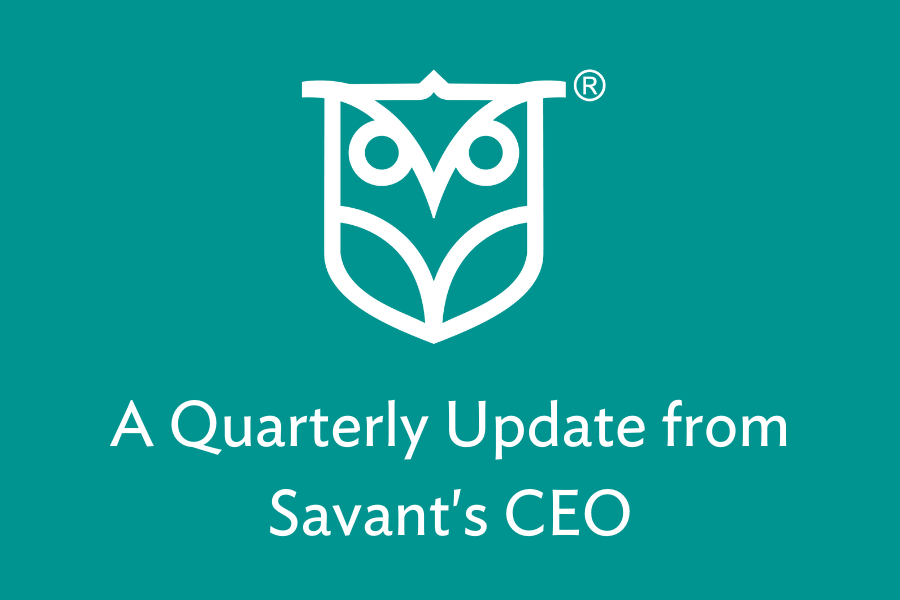Unity in Diversity: The Olympics and the Investment Landscape

As we reflect on the second quarter of 2024, excitement is in the air, fueled by the upcoming Summer Olympics in Paris. The opening ceremonies are always a spectacle of unity, as athletes from around the world come together to compete at the highest level. There’s a palpable sense of anticipation as we watch the nations parade in, each representing their unique culture and aspirations. Equally thrilling is the anticipation of the closing ceremonies, where the final tally of medals often brings surprises, with unexpected countries achieving remarkable success.
Drawing a parallel to the investment landscape, the second quarter has been a period of both expected and unexpected outcomes. Global markets have demonstrated resilience and adaptability, rewarding those with patience and discipline in their investment strategies.
Let’s explore the current economic landscape and review the market performance over the past quarter:
Economy
Throughout the second quarter, we saw signs that the U.S. economy is slowing. We would characterize this slowdown more as normalization than a tumble. We are witnessing a normalization of growth, with gross domestic product (GDP) in Q1 slowing to 1.4% and a normalization of labor markets, with unemployment rising to 4.1%. This has helped relieve inflationary pressures, with inflation decelerating back towards 2%. Consumers do not appear to be overextended, indicating that if the U.S. does enter a recession, it will likely be a mild one. This trend should also lead to a normalization of interest rates, with the Federal Reserve Bank likely cutting interest rates before the end of the year.
Stocks
The stock market showed mixed performance in the second quarter. Global stocks (MSCI All Country World IMI Index) increased by 2.6%, reflecting broad-based growth across both domestic and international markets. U.S. large cap stocks (S&P 500 Index) rose by 4.3%, while U.S. small cap stocks (Russell 2000 Index) declined by -3.6%. International large stocks (MSCI EAFE Index) were flat at -0.4%, and emerging market stocks (MSCI Emerging Markets Index) showed a robust 5.0% increase, highlighting the diverse opportunities within equity markets.
A sharp divergence in equity style returns has been a key theme this year, with mega-cap tech and AI as the biggest leaders year-to-date. Emerging markets outperformed, primarily driven by Taiwan, up over 33% year-to-date due to AI enthusiasm. This trend is also reflected in quarterly sector performance, with technology leading, followed by communication services. Utilities have gained traction as markets begin to price in the anticipated power consumption needs of AI Is AI overhyped? It’s a question worth pondering, and we expect the second half of this year might not mirror the first.
Bonds
The bond market had mixed performance this quarter. U.S. intermediate-term bonds (Bloomberg U.S. Aggregate Bond Index) and international bonds (Bloomberg Global Aggregate Ex-US Index) were virtually unchanged, posting slight gains of 0.1% and 0.1%, respectively. TIPS (Bloomberg Global Inflation Linked U.S. TIPS Index) had a modest gain of 0.8% as breakeven rates declined and real rates increased. Rates on the front end of the curve softened as weaker economic data raised hopes of rate cuts by the end of the year. This environment highlights the importance of maintaining an enhanced diversified bond portfolio to help navigate the shifting landscape of interest rates and inflation expectations.
Alternatives
Alternative investments continued to improve portfolio diversification. Reinsurance (SwissRe Global Cat Bond Index) gained 1.2% during the quarter. Trend Following (Credit Suisse Managed Futures Liquid Index) was flat 0.0%, while Lending (Cliffwater Direct Lending Index) increased by 4.8%. Event-driven strategies (IQ Hedge Event-Driven Index) and Real Assets (DJ Brookfield Gbl Infrastructure Index) were slightly positive, up 0.3% and 0.3%, respectively. Direct Lending was the second-best asset class during the quarter, emphasizing the diversification and return benefits of alternative investments.
As we move forward, the importance of maintaining a diversified portfolio and a long-term perspective cannot be overstated. This strategy is crucial for navigating the mixed investment landscape we’ve seen in the second quarter. Our team remains dedicated to providing ongoing guidance and support to navigate what lies ahead.
Sources: Morningstar Direct, Federal Reserve, Bureau of Labor Statistics, JP Morgan Asset Management. Indices are unmanaged, do not reflect fees and expenses, and are not available as direct investments. Past performance may not be indicative of future results.
Historical performance results for investment indices, benchmarks, and/or categories have been provided for general informational/comparison purposes only, and generally do not reflect the deduction of transaction and/or custodial charges, the deduction of an investment management fee, nor the impact of taxes, the incurrence of which would have the effect of decreasing historical performance results.

